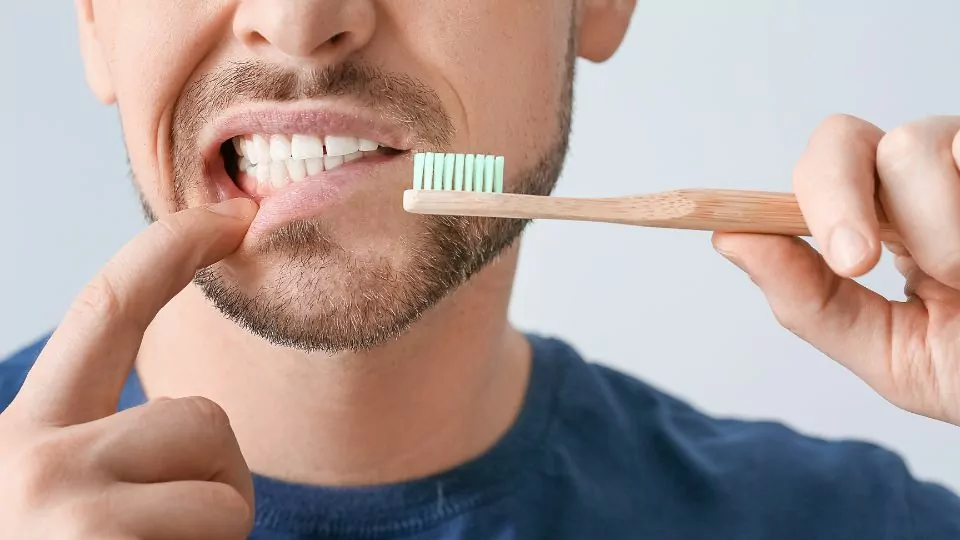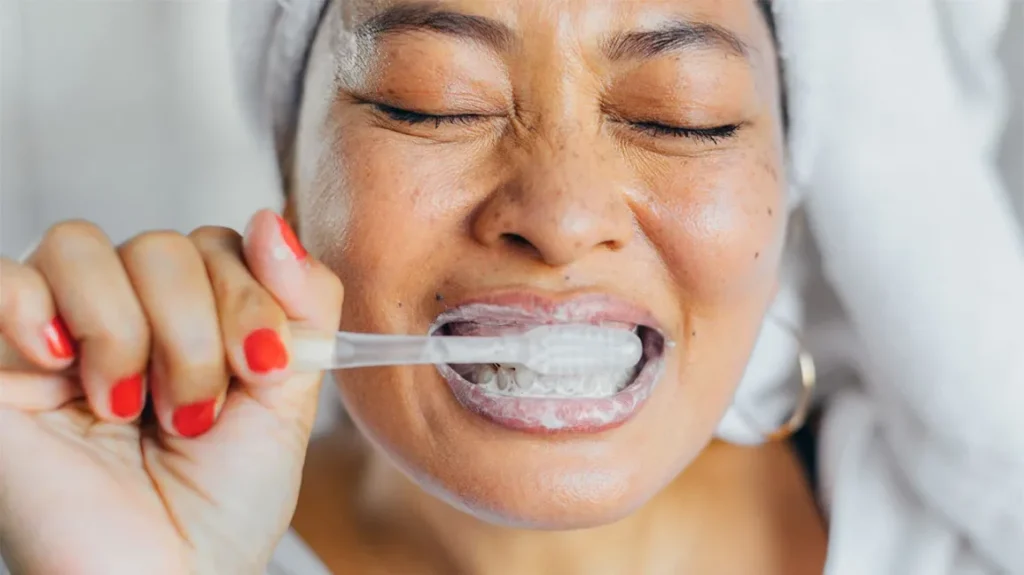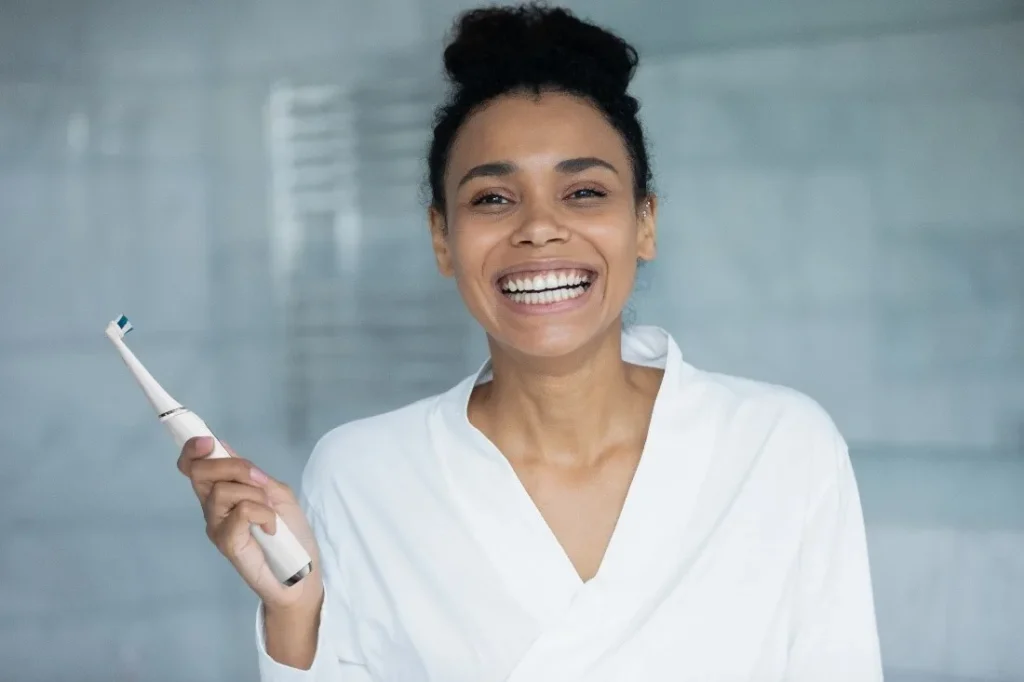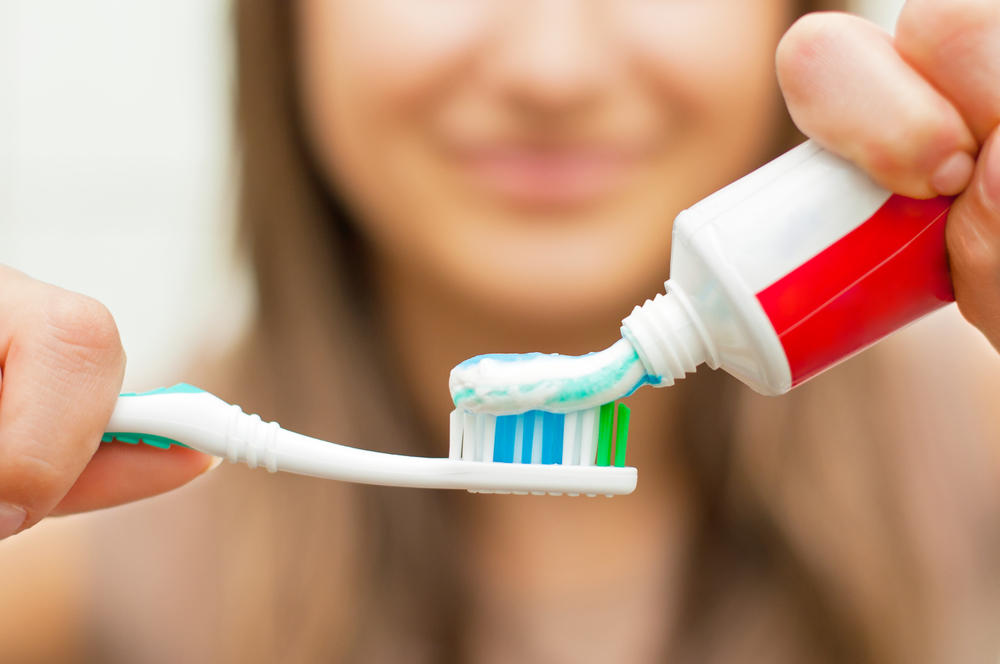Wisdom tooth removal is a common procedure among adults. It may be removed due to misalignment, discomfort, or any other infections.
The most common question that arises along with wisdom teeth removal is how to manage the first few days. How to manage your diet? When and how to brush your teeth after wisdom tooth removal. Since post-operative care is necessary to promote quick healing, many are often confused with these questions. Proper oral hygiene is equally important as not disrupting the surgical site and causing any complications.
Dentists in Wolli Creek are famous for these types of procedures, and they are quite skillful in avoiding and managing any potential complications.If you are wondering when to properly brush your teeth without causing any complications, we have got you covered.
This article will help you understand when to brush your teeth after wisdom tooth removal while maintaining proper oral hygiene and contributing to a faster healing process.
Can You Brush Your Teeth After Wisdom Tooth Removal?

Once you have your wisdom tooth extracted, the focus is to be put on ensuring that the wounds are healed properly. So, for the first 24 hours, it is best not to strain your gums and mouth. Brushing within the first 24 hours can cause a dry socket. In fact, the American Dental Association advocates for patients not to brush their teeth during the first 24 hours.
By refraining from brushing and straining the mouth, you are enhancing the blood clot formation and making the healing process faster. Thus, in order to ensure the tooth socket is protected and to minimize the healing period, avoid brushing in the first 24 hours after wisdom tooth removal.
Once the removal is completed, you might experience some pain and discomfort. Thus, taking the prescribed medicines and taking proper bed rest without engaging in strenuous activities is the best way to move forward toward healing faster.
When To Resume Brushing? When Is It Safe?
Can I brush my teeth after 24 hours? Yes, In fact, it is highly encouraged to do so. Although it should be noted that you might be in extreme pain, brushing with caution and avoiding extra strain is advised. To maintain oral hygiene, it is advised to brush the tongue to get rid of any excess bacteria that can cause infection.
Things To Note: While Resuming Brushing

Once you have passed the initial 24-hour window, brushing can be reintroduced to your daily routine. However, it is important to take note of the following factors to ensure oral hygiene while enhancing the healing process.
- Day 2 or 3: Be sure to wait at least a full day before starting to brush your teeth again. Ensure that at least 24 hours have passed. Even if it is past 72 hours, there won’t be much issue. However, brushing too early can create severe complications.
- Rinsing Before And After: Ensure that rinsing is a part of the daily routine once the teeth have been removed. This can help you manage your oral hygiene even when you are unable to brush. Thus, rinsing before and after brushing using warm salt water can improve oral hygiene and promote the healing process.
- Be Gentle with toothpaste: Since your mouth is quite sensitive after the surgery, it is advisable to use toothpaste specialized for sensitive teeth. In addition, using small quantities of toothpaste can help maintain the pH balance without affecting the healing process.
- Select An Appropriate Toothbrush: Ensure that you are using soft, gentle bristles that are not too hard or harsh to the gums. This can ensure that less irritation and strain are exerted on the surgical area.
- Avoid Strong Mouthwash: Try not to use heavy alcohol-based mouthwash, as this can cause severe issues to the surgical area. Instead, use saltwater for rinsing or use the mouthwash recommended by your dentist.
- Follow Professional Advice: If you encounter any unusual complications after the initial 24 hours, be sure to consult with your dentist before resuming brushing. As complications can arise due to any underlying conditions, it is best to seek professional advice before resuming brushing.
Common Mistakes To Avoid After Wisdom Tooth Removal

While resuming brushing, it is important to avoid these common mistakes any patient could make. Avoiding these mistakes can help you reduce the healing time.
- Using Electric Toothbrush: One of the most common mistakes made by patients is going back to their daily routine soon after surgery. Even if you have used an electric toothbrush before, it is advised to stay away from them for at least 2 weeks after the surgery. This will give enough time for the wounds to heal properly.
- Using Hard Bristle Toothbrush: Another common mistake is the use of hard-bristled toothbrushes. These can cause severe strain on the surgical site.
- Using Rigorous Technique: Since it has not been long after surgery, always use a gentle technique. Try not to vigorously brush your teeth; it won’t do any good and can further delay the healing process.
- Brushing The Wound Over and Over: Brushing the wound over and over is not advisable, and it can do more harm than good.
- Neglecting Follow-Up: Even after following the guidelines and putting due care into the maintenance, it is advisable to consult the doctor on the appointment dates. Neglecting the follow-up can allow infections to spread and can ultimately cause severe issues.
Conclusion
Knowing how and when to resume brushing after the wisdom tooth extraction is critical for any successful recovery. Although it is not advisable to brush within the 24-48 hour window, rinsing your mouth gently and maintaining oral hygiene is essential to avoid any post-op infections and complications.
Once the 24-48 hour window is passed, slowly reintroducing brushing while continuing rinsing can help you heal faster while avoiding any infections. In addition, managing your diet, food, and activities is all necessary for a successful recovery.
Following the doctor’s advice, guidelines, and prescriptions while not disturbing the surgical site is all necessary to ensure that you have a quick recovery.
